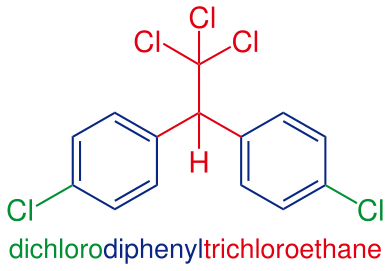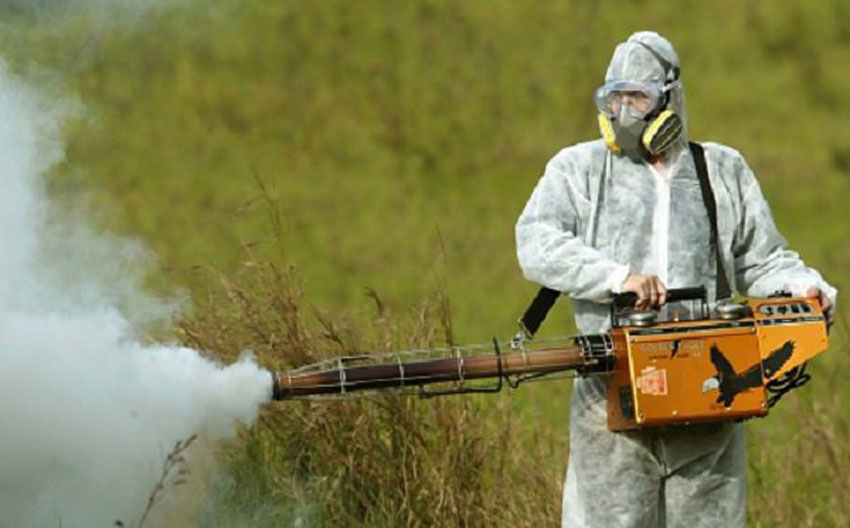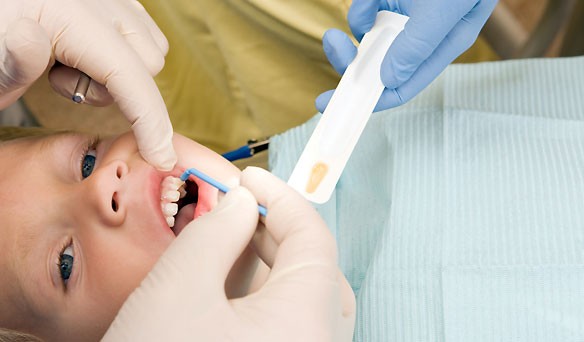 DDT (another insecticide) that was in use in Australian agriculture was banned in 1987 due to its damaging effects on the environment and wildlife. It has a half-life of 15 years, however, meaning it can remain in the human body after exposure (bioaccumulate in fat stores) for an individuals lifetime in varying quantities during which it may cause potential adverse health effects. This phenomenon also occurs with other pesticides and pollutants such as PCB’s (fire retardants used in mattress production, plasticizer used in plastic bottles) and dioxins and heavy metals such as mercury and lead. These chemicals also accumulate in the fat stores of animals, including land and sea animals (fish/seafood) and contaminate human tissues on ingestion of food produce. It has also been noted that soil levels of contaminates of DDT may persist for up to 30 years contaminating conventional, non-organic farm produce and in fact, studies undertaken recently have shown that DDE (metabolite of DDT) has been detected in the blood stream of humans and may be of concern in regards to human health. The risk of breast cancer is said to be four times greater in women with increased blood levels of DDE. Studies have also revealed correlations between damage to the immune system and increased amounts of organochlorine (PCB/DDT) residues in certain cancerous tissues. In addition, these chemicals are endocrine disruptors (mimicking oestrogen) and stimulate breast cell growth and mutation. Further studies on pesticides and breast cancer risk, including exposure from food is warranted. Recent findings of studies have also shown that DDE is a weak androgen (male hormone) receptor antagonist and can produce male genital tract abnormalities. These chemicals also cause damage during early fetal development and effects may not become apparent until adulthood.
DDT (another insecticide) that was in use in Australian agriculture was banned in 1987 due to its damaging effects on the environment and wildlife. It has a half-life of 15 years, however, meaning it can remain in the human body after exposure (bioaccumulate in fat stores) for an individuals lifetime in varying quantities during which it may cause potential adverse health effects. This phenomenon also occurs with other pesticides and pollutants such as PCB’s (fire retardants used in mattress production, plasticizer used in plastic bottles) and dioxins and heavy metals such as mercury and lead. These chemicals also accumulate in the fat stores of animals, including land and sea animals (fish/seafood) and contaminate human tissues on ingestion of food produce. It has also been noted that soil levels of contaminates of DDT may persist for up to 30 years contaminating conventional, non-organic farm produce and in fact, studies undertaken recently have shown that DDE (metabolite of DDT) has been detected in the blood stream of humans and may be of concern in regards to human health. The risk of breast cancer is said to be four times greater in women with increased blood levels of DDE. Studies have also revealed correlations between damage to the immune system and increased amounts of organochlorine (PCB/DDT) residues in certain cancerous tissues. In addition, these chemicals are endocrine disruptors (mimicking oestrogen) and stimulate breast cell growth and mutation. Further studies on pesticides and breast cancer risk, including exposure from food is warranted. Recent findings of studies have also shown that DDE is a weak androgen (male hormone) receptor antagonist and can produce male genital tract abnormalities. These chemicals also cause damage during early fetal development and effects may not become apparent until adulthood.






